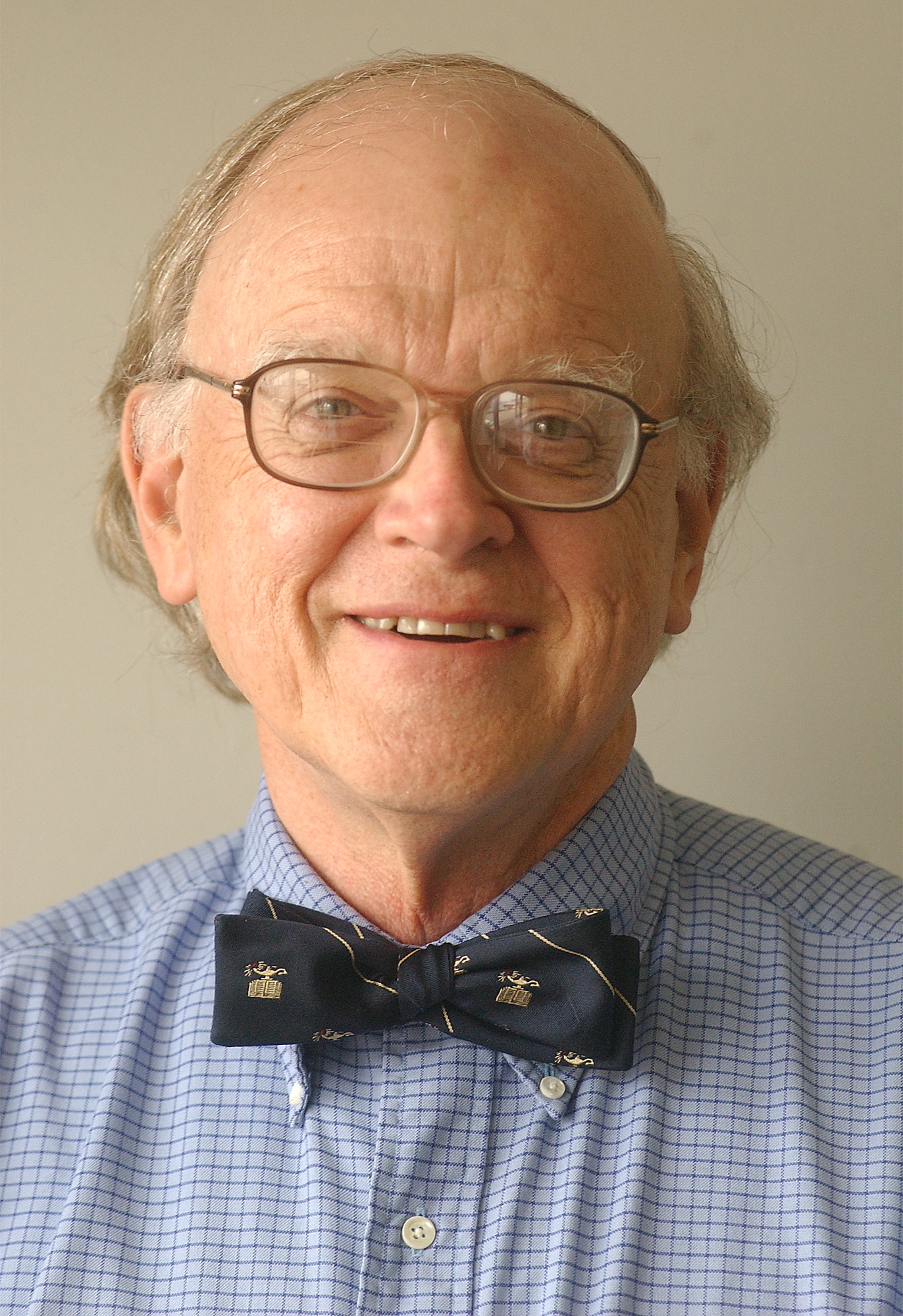Earth's climate represents a delicate balance between incoming solar radiation and infrared radiation reflected from the surface of our planet. The precision of that balance has assured a relatively stable climate for hundreds of years. That balance is in increasing jeopardy.
During Earth's long history there have been several periods of severe climate change. The most recent was the Little Ice Age of the 17th century. Now, the first man-made change is underway.
The ozone layer in the stratosphere represents a shield against excessive solar radiation reaching Earth. When that shield was threatened by rising concentrations of industrial gases used in refrigeration and other manufacturing processes, the international community reacted in a rare, positive and unified manner. The Montreal Protocol of 1989 was adopted by most industrialized nations and led to the gradual phase-out of these gases. The ozone layer is recovering.
Greenhouse gases in our atmosphere absorb energy and prevent excessive heat loss from Earth. Carbon dioxide, water vapor, methane and ozone are the principal greenhouse gases and act as an insulator for our atmosphere. Carbon dioxide levels are increasing dramatically. Atmospheric samples in ice cores document a CO2 level of 285 parts per million until the start of the Industrial Revolution, which was powered initially by coal and later by oil and natural gas. CO2 levels rose slowly at first, then more sharply. By 1958, CO2 equaled 315 parts per million, rising to 375 ppm in 2002 and 400 ppm in 2013.
Deforestation plays a role in climate change. Trees absorb CO2 from the atmosphere and release oxygen. Shrinkage of the Amazonian rainforest poses a worldwide threat to climate stability.
The overwhelming majority of scientific studies from around the world implicate rising levels of CO2, predominantly from the burning of fossil fuels, as the cause for accelerated climate change. This change manifests itself in rising temperatures of air and water, melting of Greenland and Arctic ice and rising levels of oceans. Loss of ice cover leads to greater absorption of solar energy by our planet. As permafrost thaws, vast stores of methane are released. Methane is 20 times more potent than CO2 in trapping heat.
The science of climate change depends upon analysis of diverse measurements gathered over many years from around the globe: air and water temperatures, levels and chemical composition of oceans, satellite surveys of ice cover and glaciers. From this vast array of data, scientists construct computer models and simulations to predict future scenarios for Earth's weather. These scenarios are in broad agreement that increasing atmospheric CO2 levels will produce drastic changes in food production, availability of potable water, health of oceans, weather patterns and stability of coastal cities.
Attempts to implement meaningful international agreements on slowing or reducing greenhouse gas emissions have failed thus far. The Kyoto Treaty of 1997 set goals for CO2 reduction that have proved unattainable.
Serious discussion of climate change in the U.S. has been hampered by politicization of the issue. Measures to address climate change require regulation by international governments. Proponents of small government oppose any such mandates. Well-funded counterattacks have been mounted by the fossil fuel industry. Funding for U.S. climate research has been threatened. Junk science has been amply funded. Reputations of prominent climate scientists have been attacked. Some opponents of climate change, including Sen. James Inhofe, R-Okla., cite Biblical passages to back their position.
"The Climate Casino: Risk, Uncertainty, and Economics for a Warming World" by Yale economist William Nordhaus is an invaluable summary of the science, politics, economics and long term implications of global warming. Among the obstacles to climate change policies, Nordhaus lists nationalism, partisan politics, costs and the delayed pay-off for climate interventions. The author believes a tax on carbon emissions will be the most effective and least disruptive measure to slow climate change. Benefits of climate policies will require decades to be realized.
Nordhaus outlines three objectives:
• Vigorous support of research into climate and energy technologies;
• A blended public and private effort to promote a rapid, affordable switch to a low-carbon economy;
• Accelerated development of technologies to achieve low carbon energy production.
"The Climate Casino"needs a wide international readership of citizens and lawmakers of every political stripe to avert a calamity for coming generations.
Contact Clif Cleaveland at cleaveland1000@comcast.net.
